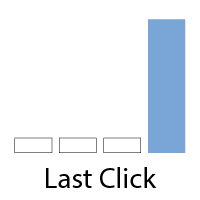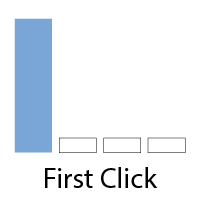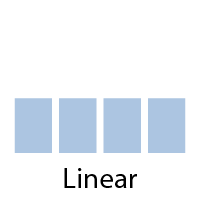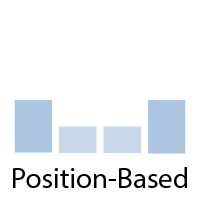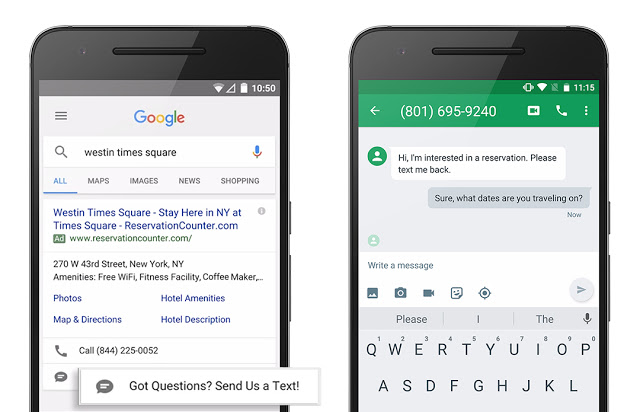When it comes time to set up a new ad group, most digital marketers understand it's a good idea to start by adding keywords with all of the match types available. Using each of the match types will enable you to drive traffic volume, while learning more about the other ways people search. Implementing tiered bidding to the match types makes the most sense initially, but leaving the bidding that way might be a mistake.
Keyword Match Types
In order to understand why to start with tiered bidding, and why it might make sense to migrate from it, we'll start by discussing the types individually.
Broad Match Keywords
Broad match keywords allow search engines to be quite liberal when they pair search queries to the keywords you are bidding on. Early on it's a good idea to use them so you can understand the ways people search for products like yours. Review the search queries in your account to learn more about the actual terms searched and, when appropriate, add new keywords. Because broad match keywords bring in traffic that is less than relevant, set your initial bids low.
Broad Match Modified Keywords
Broad match modified keywords are exactly like broad match, except they are more valuable because you specify words that must be in the search query. As a result, when you set up a new ad group you should set your initial bids slightly higher than those for your broad match keywords.
Phrase Match Keywords
Phrase match keywords are clearly more valuable to advertisers than broad match and broad match modified because you specify the exact words and word order that must be included somewhere in the query. When you set up your bidding for the first time, make sure you bid higher on your phrase match keywords than you do on your broad match and broad match modified keywords.
Exact Match Keywords
When a searcher types their query exactly like a keyword you are bidding on, this is gold. These are the searches you want the most, because they have the highest propensity to convert. When you first set up an ad group, bid highest on these keywords.
Tiered Bidding Strategy
Now that we know what to do, let's talk about how to do it. Let's say we are setting up a tightly themed ad group. Using the strategy outlined above, our bidding might look something like this:
- Broad Match: $15
- Broad Match Modified: $16
- Phrase Match: $17
- Exact Match: $20
When to Migrate From Tiered Bidding
Over time, keywords can start to perform in unexpected ways. In some cases, broad match keywords can actually outperforming exact match. How can this be? There's a simple explanation. Competition.
Some digital marketers with limited resources, or who need to improve the performance of their campaigns, will pause broad match and/or broad match modified keywords so they can focus their budgets on keywords with the highest conversion rates and minimize waste. It's a good strategy, but can leave little competition for broad match keywords. Lower levels of competition for broad match keywords can drop their costs-per-click and, although broad match keywords typically have a lower conversion rate, the resulting costs-per-acquisition can, in rare cases, be lower than those for exact match keywords.
As a result of this kind of scenario, we usually recommend that bidding is adjusted based on CPA only. Get a handle on the maximum acceptable acquisition costs for your business. If a keyword is converting above the max CPA, it might make sense to drop the bid. If a keyword is converting below the max, maybe you should raise the bid. If it makes sense, make these adjustments without regard for match type, and without regard for the bid amounts for other keywords in the ad group.
By regularly monitoring the performance of your keywords, and adjusting bids according to CPA at the keyword level, your bids for some broad match keywords might be higher than phrase or exact, but it can increase the performance of you accounts.


